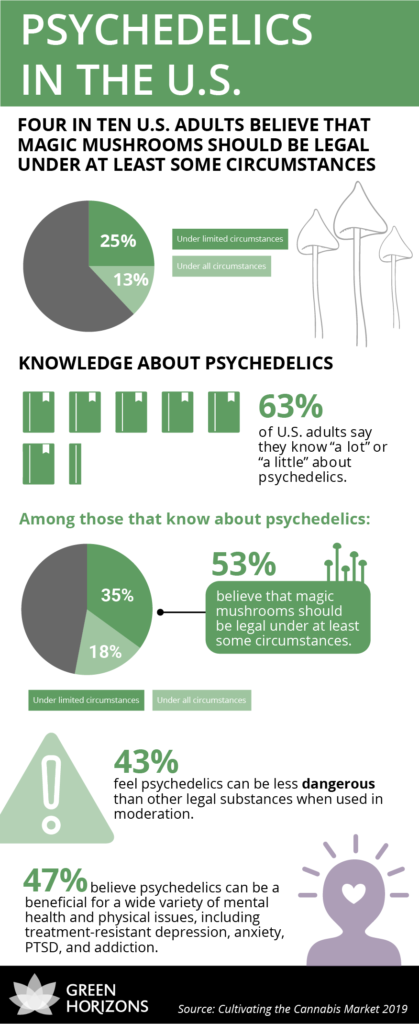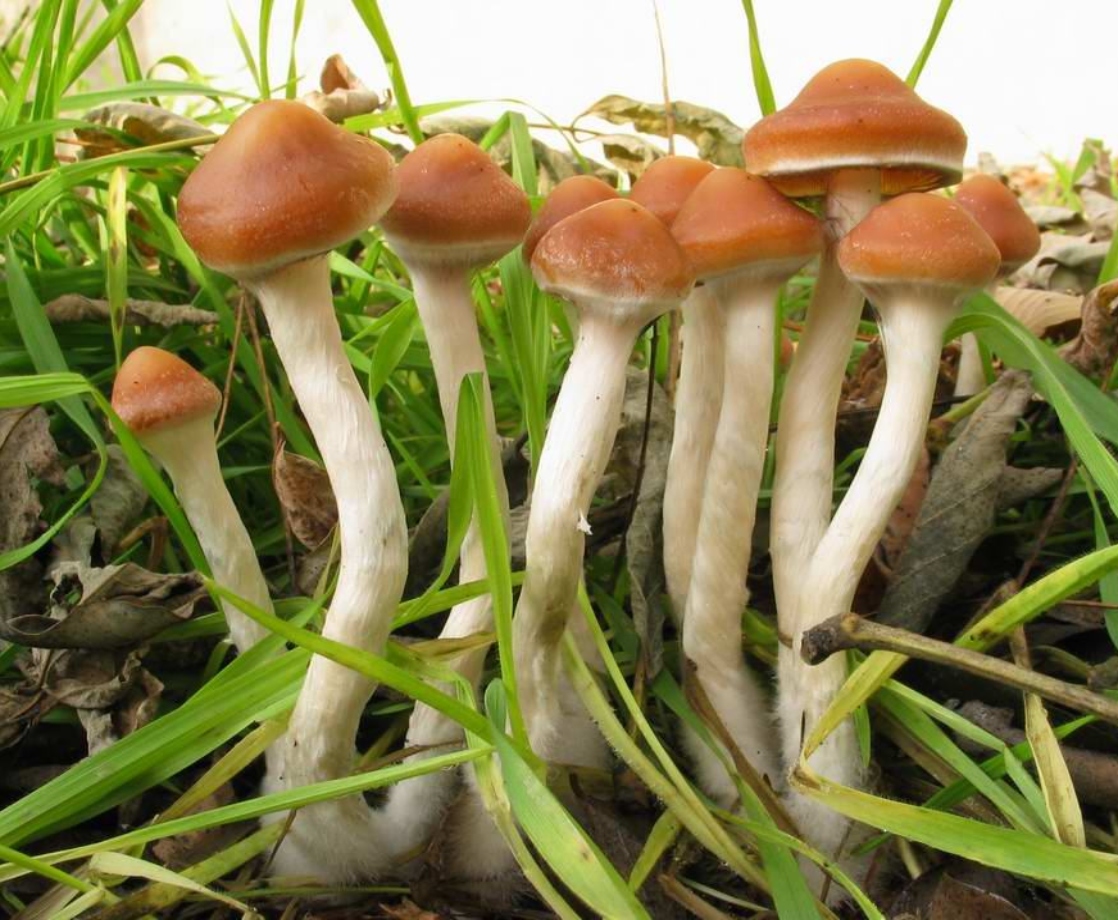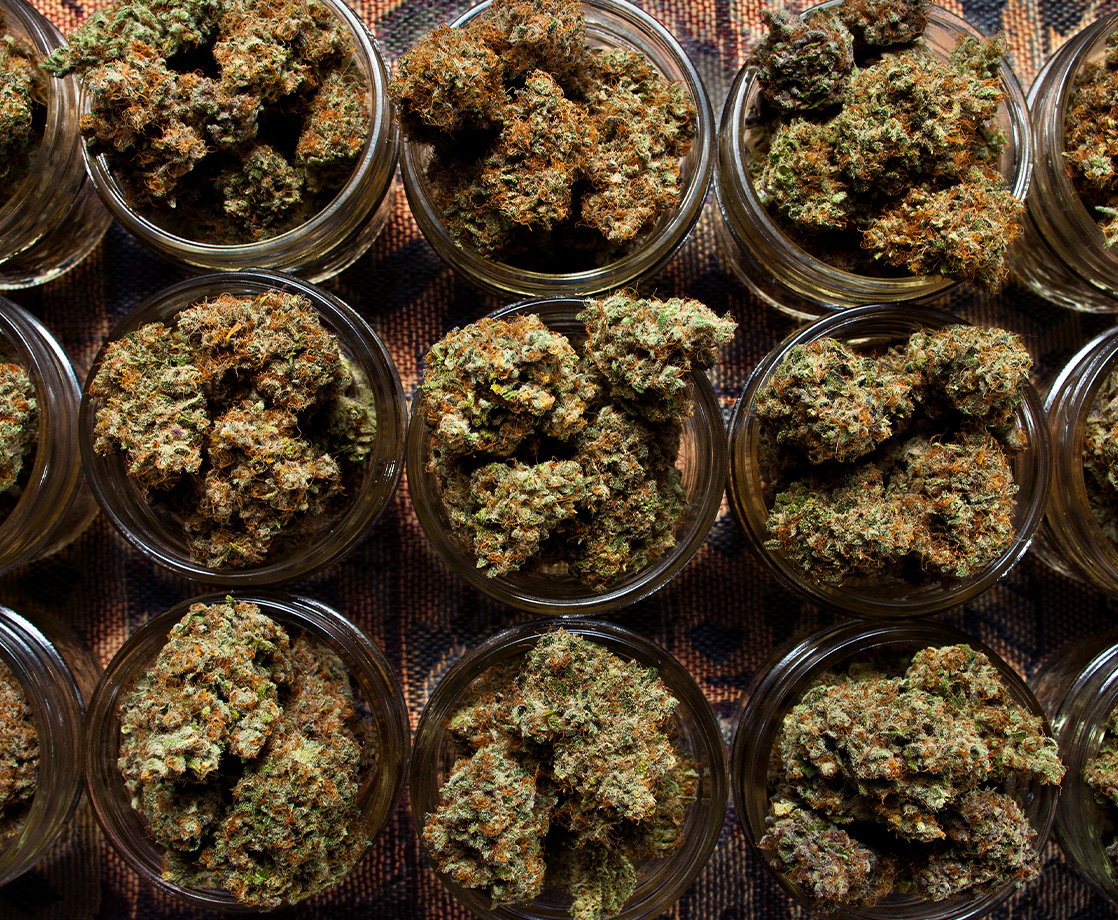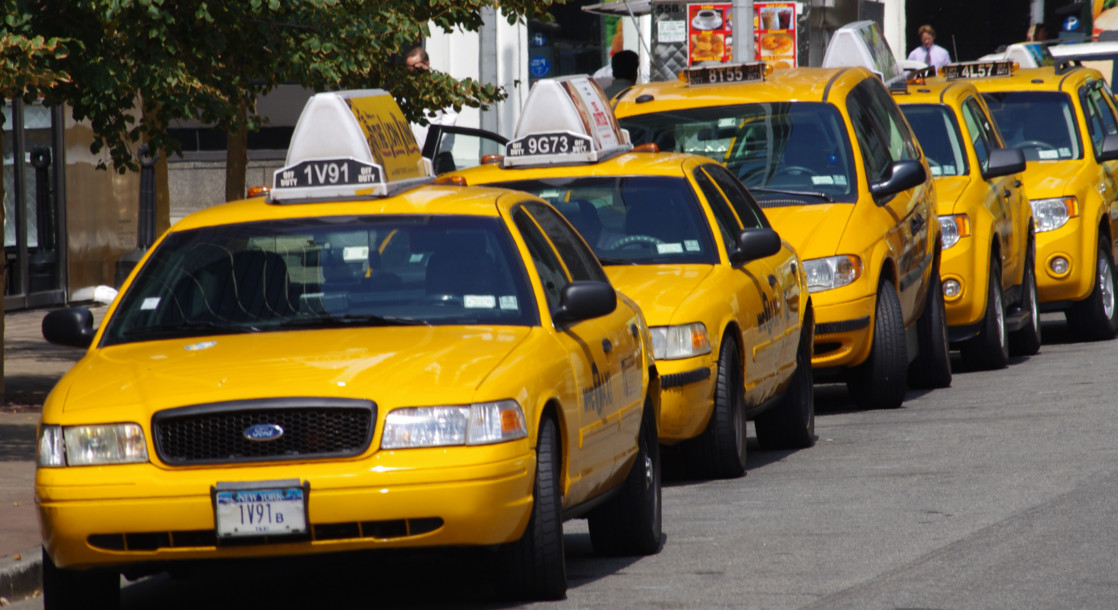Image via
A new marketing insights survey found that just over half of US respondents who said they had “some knowledge” of psychedelics believed that psilocybin should be legalized in some capacity.
The survey, which interviewed 1,000 adults across the US, found that, overall, 38 percent of respondents believed psilocybin mushrooms should be permitted in the US — with restrictions, of course. But, when the respondents were broken down by age group and knowledge levels, significant differences in responses were revealed: Among respondents who said they possessed “some knowledge” of psychedelics, 53 percent, or just over half, thought psilocybin ought to be legalized or allowed in some form.
The latest clinical studies indicate psychedelics like psilocybin offer medical promise, potentially treating mental health disorders that conventional medicines cannot. Private companies are also currently developing medicines from psychedelics.

Within age groups, younger respondents supported legalization more than older ones. Among “18-34 year-olds, 45% believe psilocybin mushrooms should be legal under at least some circumstances; among 35-49 year-olds, 40%; and among 50+, just 23%,” the survey found.
The survey was conducted by the New-York-based company Green Horizons, which describes itself as a market research and consultancy firm for the “cannabis and holistic health industries.” Green Horizons is part of Horowitz Research. Horowitz Research’s website lists corporate heavyweights like Hulu, ABC, Hearst, Discovery, and Consumer Reports among its clients. However, Horowitz also lists non-profits among its clients such as The Partnership for a Drug-Free America and Sesame Workshop, the company that produces Sesame Street.
Why would a marketing research firm ask Americans how they felt about legalizing psychedelics when US companies currently cannot legally sell psilocybin to the public?
According to Adriana Waterston, the Senior Vice President of Insights and Strategy at Horowitz Research, the survey responses were part of a larger survey about cannabis. And cannabis is legal for sale in some enlightened states.
“We included questions about receptivity to legalizing psychedelics to provide clients and potential clients with future-forward research on this emerging topic,” Waterston wrote to MERRY JANE in an email. “As we continue to research consumers and their growing appetite for cannabis, we will also continue to measure shifting consumer attitudes to psychedelics, as well, and we anticipate that perceptions and attitudes will change and continue to improve over time.”
Granted, there are a few caveats to this survey. First, 1,000 respondents is arguably a bit small for a statistically solid sample size — but, in all fairness, this was a marketing insights survey for businesses, not a peer-reviewed scientific study that could influence public policy.
Second, since this is Green Horizon’s first survey on consumer attitudes toward legalizing psychedelics, the company has no previous data for comparison. In other words, the survey doesn’t show any shifts in Americans’ beliefs about tripping balls, but it could upon further research.
Third, the survey’s figures that indicate support for reforms may not thoroughly reflect how most people truly feel about the topic. After all, someone may be nervous going on record to a complete stranger about whether they believe psychedelics should be legal. Green Horizons had this part covered, though.
“The survey sample included both cannabis users and non-users. The questions about psychedelics were asked to everyone in a neutral way and [were] included at the end of the survey,” Waterston explained. “We asked about general knowledge of psychedelics and then support for legalization” [emphasis ours].
“[W]e never asked about actual psychedelic usage for the exact reason that we were concerned about getting truthful answers given the stigma around psychedelic usage,” she continued. “In addition, survey respondents were able to respond ‘Don’t know’ if they were not able to [or were] not comfortable answering the question.”
A previous survey from YouGov suggested that Americans are warming up to the idea of legal psychedelics. And according to Marijuana Moment, a recent poll among Washington, DC voters showed that nearly 60 percent would vote to decriminalize psychedelics through a new ballot proposal. Denver, Oakland, and Santa Cruz, California have already decriminalized or effectively decriminalized psilocybin mushrooms for personal use and cultivation. Sales for psilocybin shrooms remained banned in these three cities, however.











